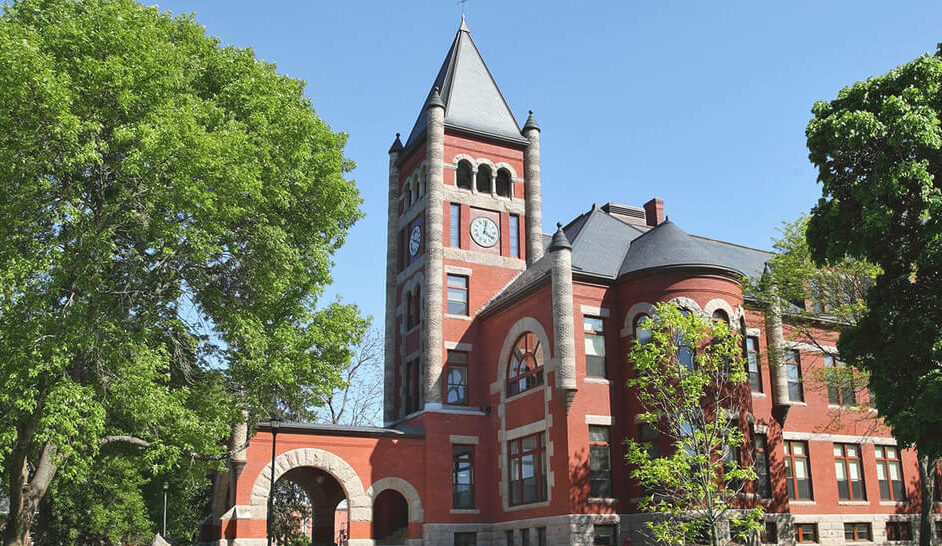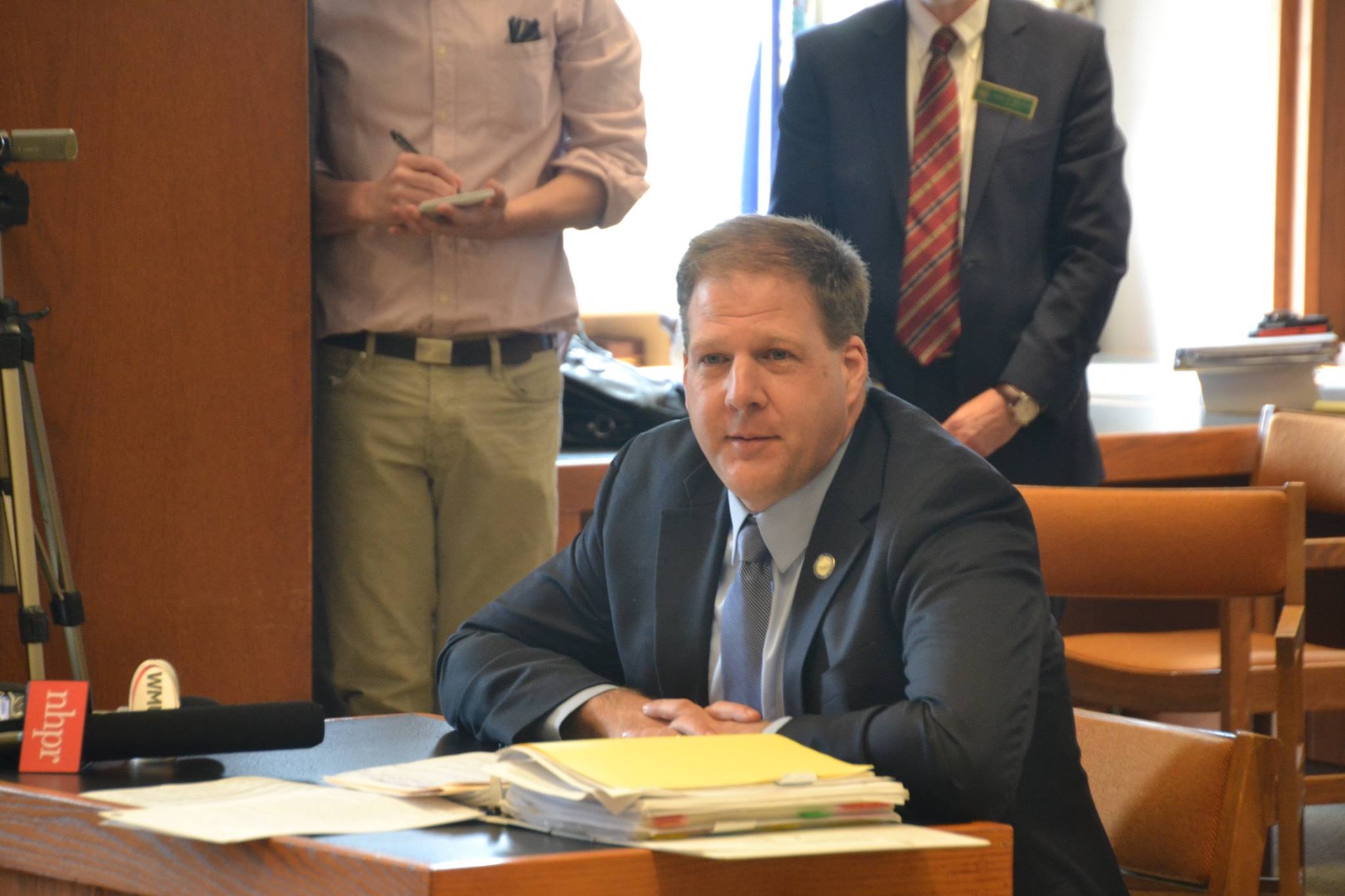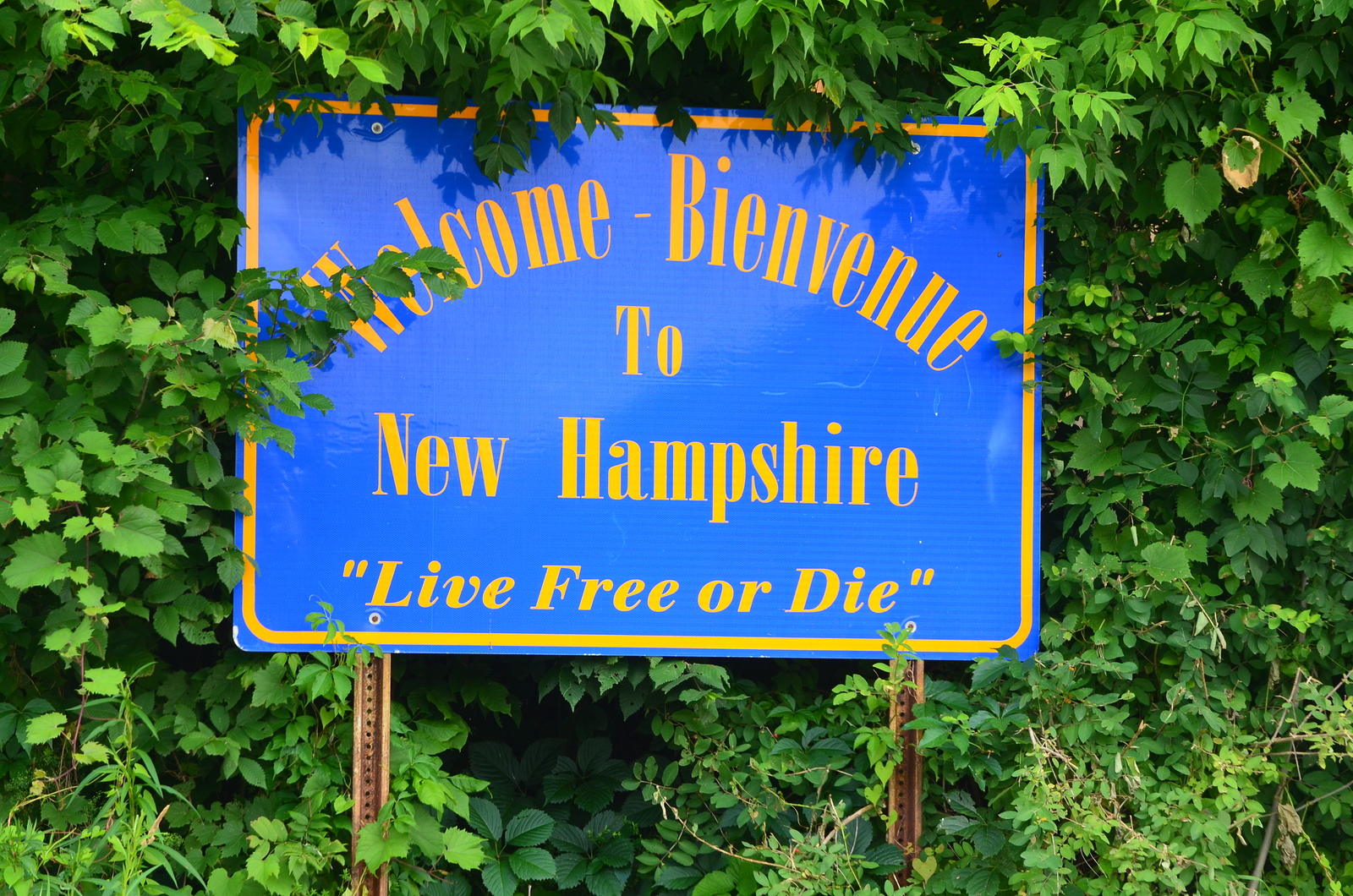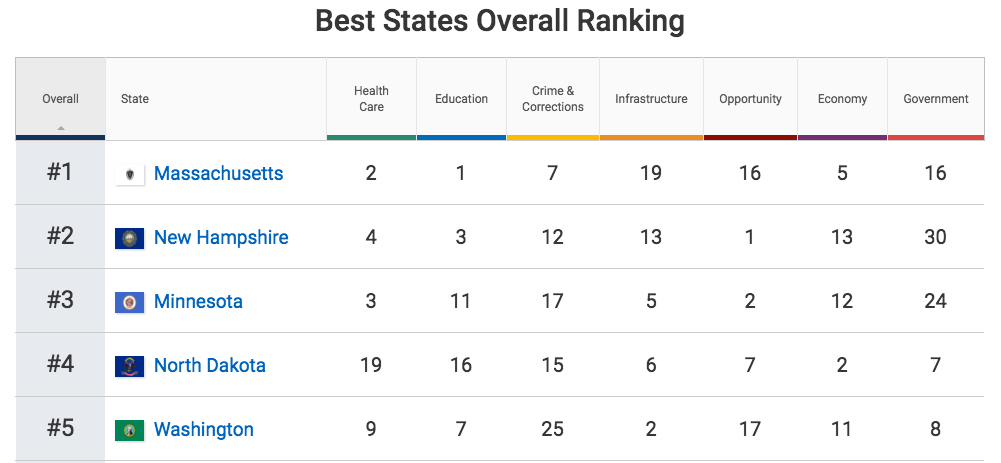Civil Rights Complaint Targets UNH Over Race-Based Faculty Rewards Program

A new complaint filed with the U.S. Department of Education’s Office for Civil Rights says the University of New Hampshire is part of a group that racially discriminates against faculty members.
The Legal Insurrection Foundation filed the complaint Wednesday alleging the North Star Collective, an initiative operated by the New England Board for Higher Education (NEBHE), is breaking anti-discrimination laws by excluding White faculty from the program.
Among the schools that fund and operate the North Star Collective: The University of New Hampshire.
“One of the points of the North Star Collective is to advance programming and educational opportunities for non-White faculty, what they call BIPOC: Black, Indigenous, people of color,” said William Jacobson, president of the Legal Insurrection Foundation. “Anybody who’s been on campus in the last decade would be familiar with what that is, it basically means non-Whites.”
The North Star Collective offers a fellowship program exclusively to BIPOC faculty members which includes mentoring opportunities, seminars, networking opportunities, and a stipend. The main qualification for people interested in applying for the fellowship is either to be a person of color, or to “identify” as a person of color.
“They should have just said, ‘We have this program. It’s meant to help everybody except White faculty,’” Jacobson said.
The North Star Collective is a joint effort of 20 schools within the New England Board for Higher Education membership, including UNH. The university declined to comment on Thursday, saying it had not yet seen the complaint.
Nearly all of the member schools named in the complaint are state universities that rely on federal funding, according to Jacobson. Programs like the North Star Collective, which discriminate based on race, violate federal equal protection laws and the U.S. Constitution.
“We are alleging that it violates Title VI of the Civil Rights Act because it’s discrimination on the basis of race, color, or national origin, and for the public universities who are among these 20, it also violates the 14th Amendment equal protection guarantee,” Jacobson said.
The NEBHE is not named in the complaint, since it does not get direct federal funding. State Sen. David Watters, (D-Dover) is a member of the NEBHE’s board of regents. He did not respond to a request for comment. Jacobson told NHJournal the NEBHE removed North Star Collective information from its website sometime in February.
“Fortunately, we had already archived a lot of them in the so-called Wayback Machine,” Jacobson said.
The lawsuit is just the latest in a series of legal efforts to end race-based policies — sometimes called “affirmative action” — by taxpayer-funded entities like universities, as well as public schools and government agencies. For example, when it was discovered that New Hampshire schools and state agencies were using materials that described White people as uniquely and inherently racist, the state passed a law banning that content. (A federal judge struck down the law as too vague in 2o24.)
And in 2023, the U.S. Supreme Court ruled that Harvard University’s race-based admissions policies and practices violated the Fourteenth Amendment.
In some of his first executive orders, President Donald Trump directed the Justice Department to target initiatives like the North Star Collective that use racism to combat past racism. Jacobson said he found out about the group from a Sacred Heart University press release promoting professors who were accepted into the North Star program.
“I think they maybe didn’t get the message of Trump being elected, that this is not something you’re supposed to be bragging about,” Jacobson said.
The complaint is heading to the federal Department of Education at a time when its future is uncertain. Trump has announced plans to eliminate the department after already cutting staff. Jacobson said his complaint will likely be moved to the Department of Justice, where he hopes it will be considered for an investigation. It could take months or even years for the case to be resolved, he said.
The Equal Protection Project, part of the Legal Insurrection Foundation, focuses on rooting out racist agendas that are enacted by institutions to combat racism.
“The remedy for racism never is more racism,” the EPP’s website states.







